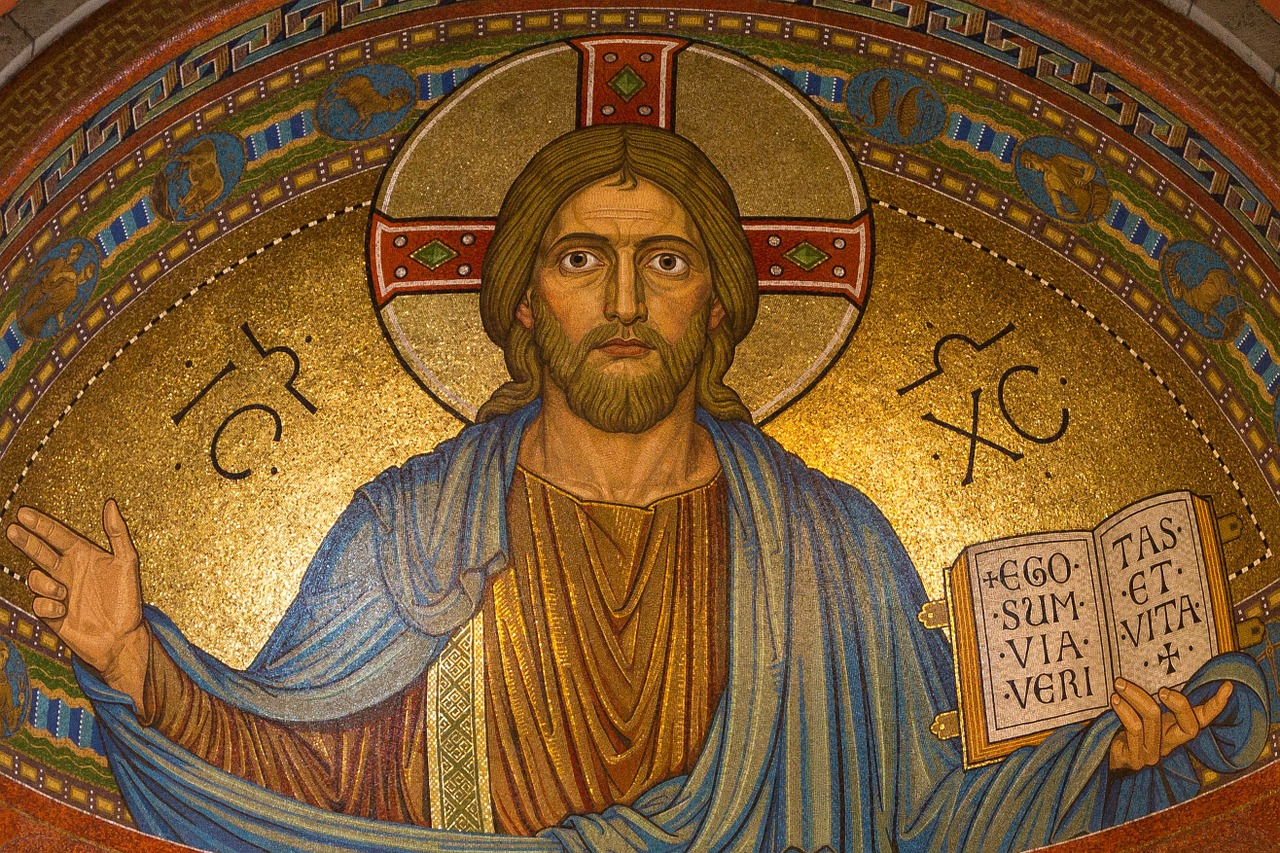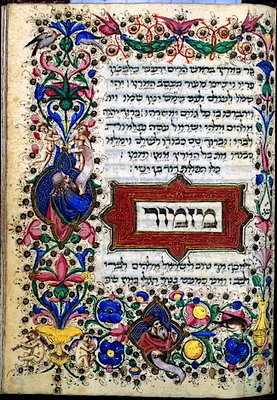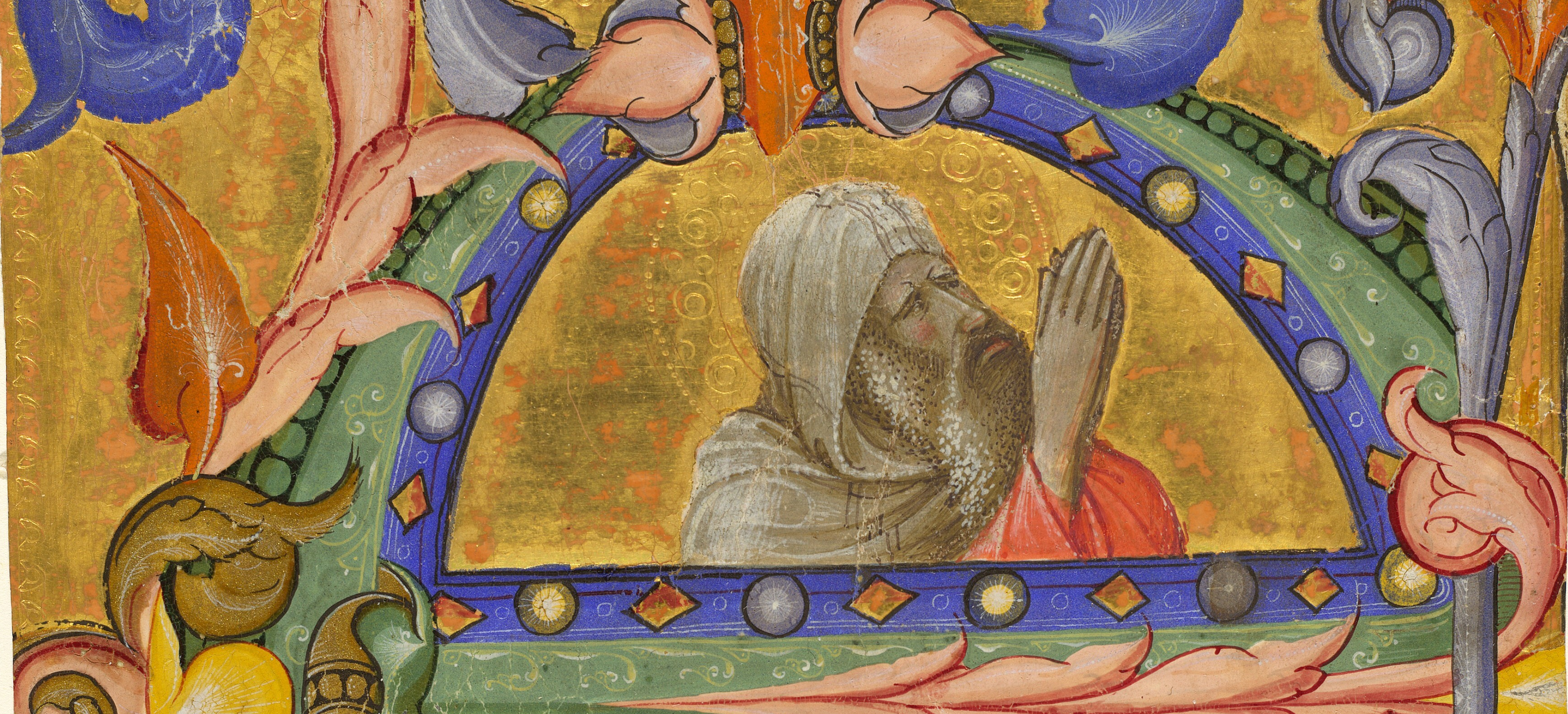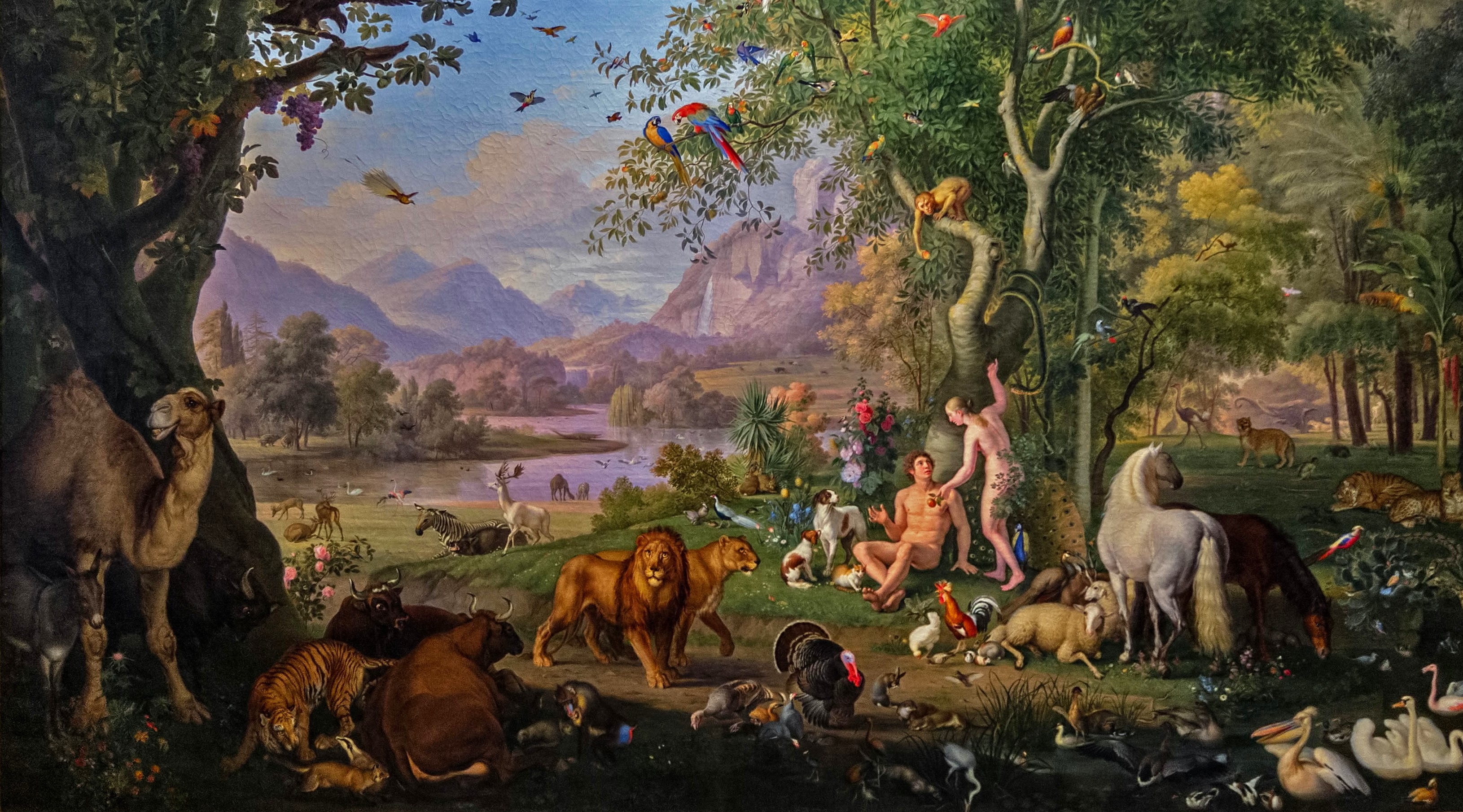
- Teacher: Zoltan Schwab
- Teacher: Dr Seidel Abel Boanerges
- Teacher: Dotha Blackwood
- Teacher: Tom Breimaier
- Teacher: Jonas Kurlberg
- Teacher: Dr Seidel Abel Boanerges
- Teacher: Dotha Blackwood
- Teacher: Dr Seidel Abel Boanerges
- Teacher: Dotha Blackwood

- Teacher: Dr Seidel Abel Boanerges
- Teacher: Dotha Blackwood
- Teacher: Tom Breimaier
- Teacher: Jonas Kurlberg
- Teacher: Pete Phillips
- Teacher: Zoltan Schwab
- Teacher: Joshua Searle
- Teacher: Stephen Wright
- Teacher: Dr Seidel Abel Boanerges
- Teacher: Dotha Blackwood
- Teacher: Dr Seidel Abel Boanerges
- Teacher: David McLachlan
- Teacher: Pete Phillips
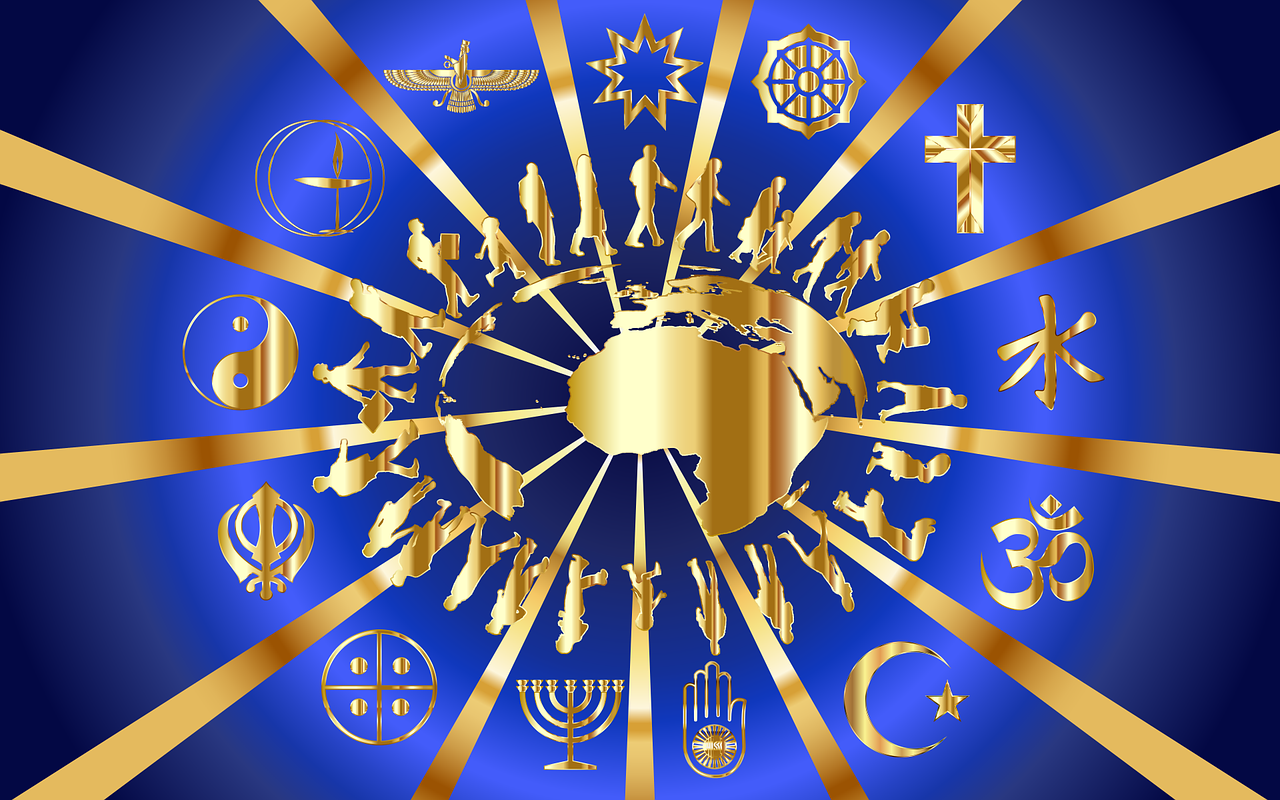
- Teacher: Dotha Blackwood
- Teacher: Joshua Searle
- Teacher: Stephen Wright
- Teacher: Dr Seidel Abel Boanerges
- Teacher: John Woods
- Teacher: Simon Jones
- Teacher: Pete Phillips
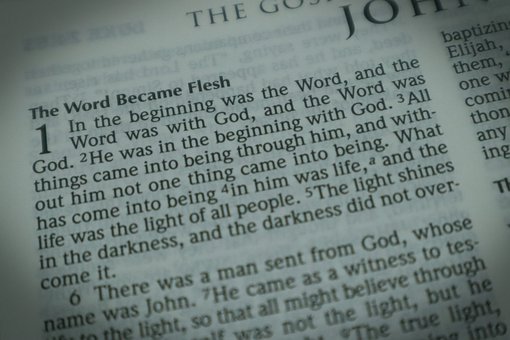
- Teacher: Pete Phillips
- Teacher: Stephen Wright

- Teacher: Dotha Blackwood
- Teacher: Dotha Blackwood
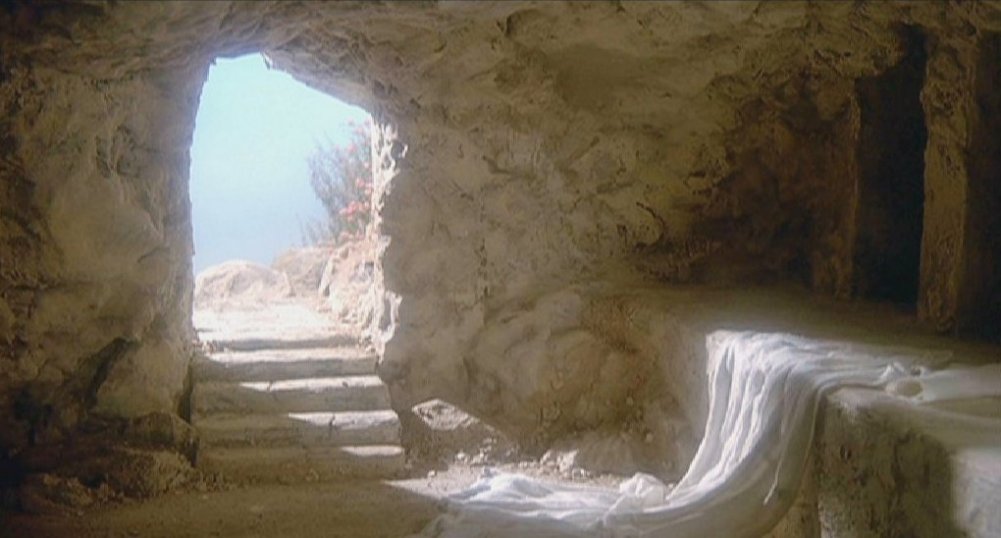
- Teacher: Jonas Kurlberg
- Teacher: Rob May
- Teacher: David McLachlan
- Teacher: Joshua Searle
- Teacher: Stephen Wright
- Teacher: Dr Seidel Abel Boanerges
- Teacher: Tom Breimaier
- Teacher: Simon Jones
- Teacher: Dr Seidel Abel Boanerges
- Teacher: Dotha Blackwood
- Teacher: Tom Breimaier
- Teacher: Dr Debra Reid
- Teacher: Stephen Wright
- Teacher: Dotha Blackwood
- Teacher: Dr Debra Reid

The unit introduces the theme of biblical
hermeneutics in the context of the history of biblical interpretation since New
Testament times. Key movements, theories
and strategies will be examined and assessed, including recent developments
such as reception history (including the artistic reception of the Bible) and
‘ordinary hermeneutics’. The potential
of these various approaches will be explored in relation to specific biblical
genres and texts. The practical
outworking of the subject in the life of the Church will be kept in view.
- Teacher: Zoltan Schwab

- Teacher: Dr Debra Reid
- Teacher: Joshua Searle
- Teacher: Stephen Wright
- Teacher: Mark Bainbridge
- Teacher: David McIlroy
- Teacher: Simon Jones
- Teacher: Pete Phillips
- Teacher: Stephen Wright
- Teacher: Dr Seidel Abel Boanerges
- Teacher: Simon Jones
- Teacher: Stephen Wright
- Teacher: Dotha Blackwood

- Teacher: Jonas Kurlberg
- Teacher: Joshua Searle
- Teacher: Dotha Blackwood
- Teacher: Jonas Kurlberg
- Teacher: Joshua Searle
- Teacher: Dr Seidel Abel Boanerges
- Teacher: Dotha Blackwood
- Teacher: Dotha Blackwood
- Teacher: Tom Breimaier
- Teacher: Zoltan Schwab
- Teacher: Joshua Searle
- Teacher: Stephen Wright

- Teacher: Dotha Blackwood
- Teacher: Pete Phillips
- Teacher: Zoltan Schwab
- Teacher: Chris Voke
- Teacher: Stephen Wright
- Teacher: Dr Seidel Abel Boanerges
- Teacher: Linda Campbell
- Teacher: Jonas Kurlberg
- Teacher: Pete Phillips
- Teacher: Zoltan Schwab
- Teacher: Jonas Kurlberg
- Teacher: Pete Phillips
- Teacher: Dr Seidel Abel Boanerges
- Teacher: Dotha Blackwood
- Teacher: Simon Jones
- Teacher: David Masters
- Teacher: Dr Seidel Abel Boanerges
- Teacher: Linda Campbell
- Teacher: Davinia Roberts
- Teacher: Dr Seidel Abel Boanerges
- Teacher: Dotha Blackwood
- Teacher: Adrian Lock
- Teacher: Laura Lock
- Teacher: Dr Seidel Abel Boanerges
- Teacher: Dotha Blackwood
- Teacher: Dr Seidel Abel Boanerges
- Teacher: Dotha Blackwood
- Teacher: Adrian Lock
- Teacher: Laura Lock
- Teacher: Dr Seidel Abel Boanerges
- Teacher: Dotha Blackwood
- Teacher: Joshua Searle
- Teacher: Stephen Wright

- Teacher: Simon Jones
- Teacher: Joshua Searle
- Teacher: Stephen Wright
- Teacher: Dr Seidel Abel Boanerges
- Teacher: Dotha Blackwood
- Teacher: Tom Breimaier
- Teacher: Linda Campbell
- Teacher: Simon Jones
- Teacher: Laura Lock
- Teacher: Davinia Roberts
- Teacher: Dr Seidel Abel Boanerges
- Teacher: Dotha Blackwood
- Teacher: Linda Campbell
- Teacher: Adrian Lock
- Teacher: Rob May
- Teacher: Davinia Roberts
- Teacher: Chris Voke
- Teacher: Dr Seidel Abel Boanerges
- Teacher: Dotha Blackwood
- Teacher: Linda Campbell
- Teacher: Adrian Lock
- Teacher: Laura Lock
- Teacher: Davinia Roberts
- Teacher: Dr Seidel Abel Boanerges
- Teacher: Dotha Blackwood
- Teacher: Linda Campbell
- Teacher: Simon Jones
- Teacher: Adrian Lock
- Teacher: Laura Lock
- Teacher: Davinia Roberts


